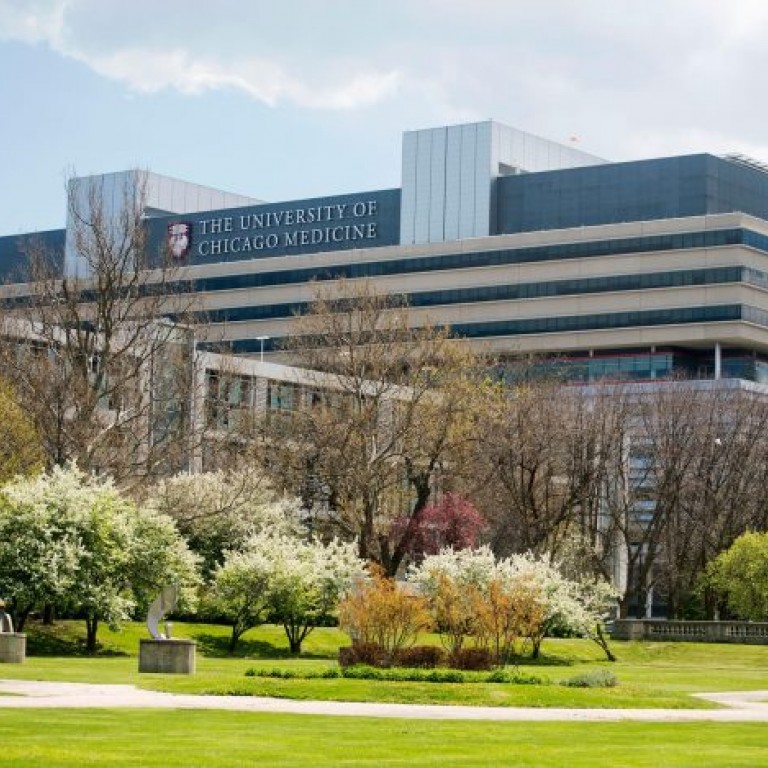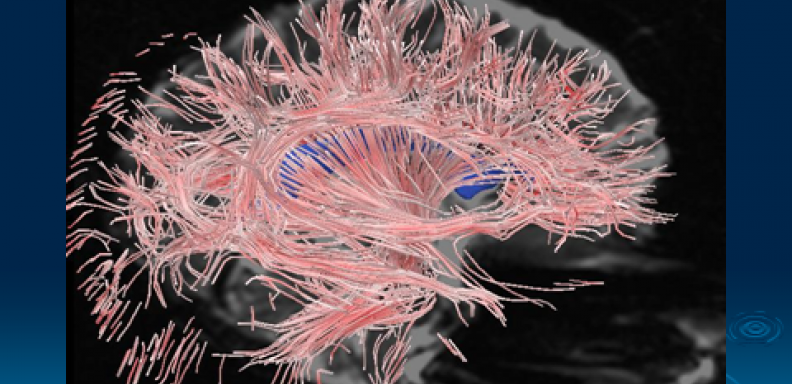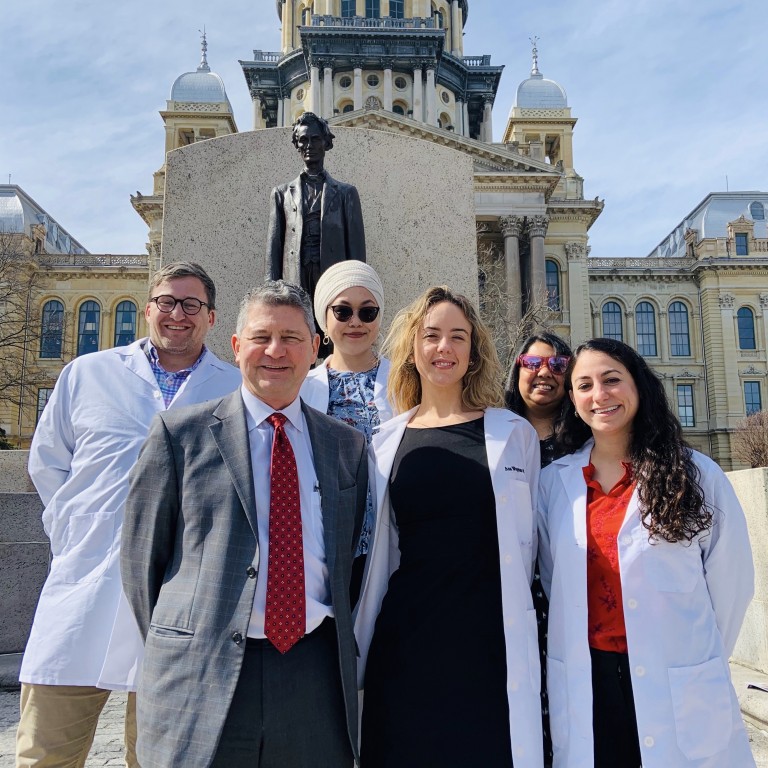Microdosing LSD Probably Won't do Much for You, New Study Finds
Calvin Hughes
Jul 2, 2019
A new study throws cold water on the idea of taking tiny amounts of LSD in order to make you a happier, more productive person.
Psychedelic drugs are having a bit of a resurgence. Drugs like magic mushrooms have recently received an acknowledgment as a potential anti-depressant by the FDA, and both Denver and Oakland decriminalized possession of the substance back in May.
Meanwhile, LSD, the hallucinogenic drug most associated with hippies and Deadheads, has been wholly embraced by the Silicon Valley crowd as a performance-enhancing drug of sorts. Many of these San Fransisco technopreneurs swear that by taking tiny amounts of the drug multiple times a day—a practice known as microdosing—they are happier, more confident and more creative.
But despite all the anecdotal evidence, the first double-blind, placebo-controlled study on LSD microdosing finds that taking tiny amounts of acid doesn't do much more than get you just a little bit high.
For the study, 20 young adults were randomly given either 6.5, 13 or 26 micrograms of LSD (or a placebo) during four separate laboratory sessions. The study participants were then given a variety of tests. And what they found was that microdosing LSD doesn't do that much.
The participants who had consumed LSD reported increased feelings of vigor and bliss, but they also experienced increased anxiety. They saw no significant impacts to their working memory or cognitive functioning, nor did they fare better or worse on simulated social exclusion tests.
There were a couple of negative effects of microdosing LSD as well. Participants who took the LSD took longer to complete creativity-driven tasks, and had "slightly decreased positivity ratings of images with positive emotional content."
"One possible explanation for our results is that LSD reportedly enhances global connectivity in the brain, giving rise to the phenomenon of 'ego dissolution,' or a weakening of the boundary between the self and the universe," the researchers wrote in their study.
By increasing connectivity between different brain regions, LSD may cause people to evaluate emotionally-charged stimuli differently than they otherwise would.
Dr. Harriet de Wit—a University of Chicago professor who led the study—said the study isn't necessarily representative of how people are actually microdosing LSD. Many people who swear by microdosing are doing so on a near-daily basis and future research should look at whether or not increased use habits change the outcomes.
Dr. De Wit also said it's possible that microdosing LSD may have different effects on people who struggle with mental health issues.
"This type of study may improve our understanding of the psychological and neural processes that underlie negative mood states and depression. We are seeking support to fund additional studies," de Wit told PsyPost.
But for the time being, we can't say for certain that microdosing acid is going to make you any happier or smarter.



